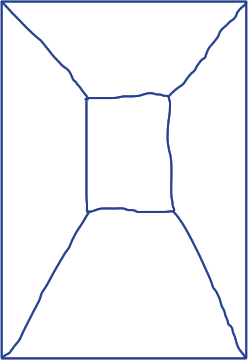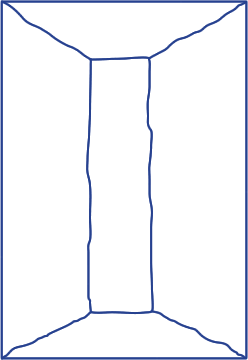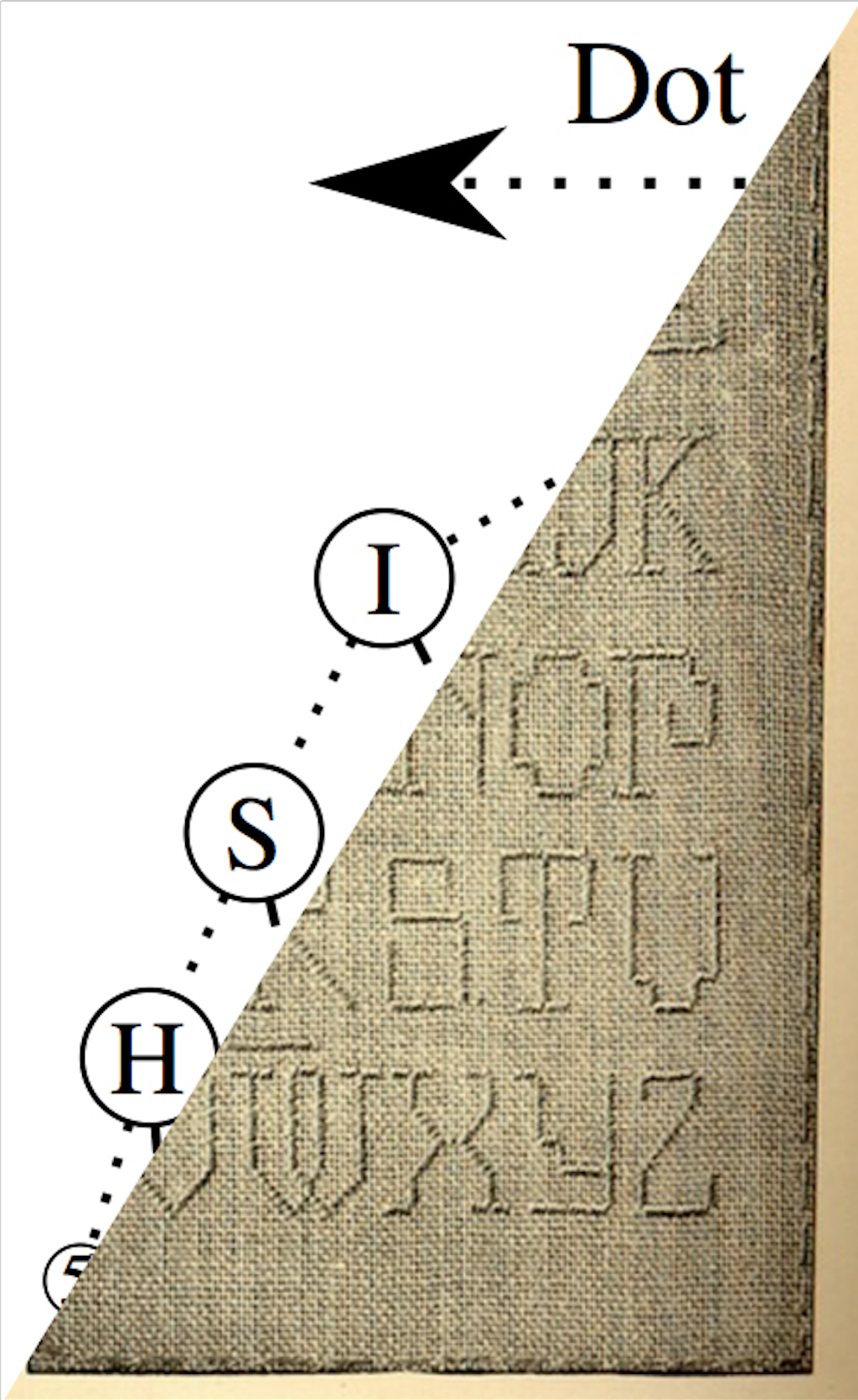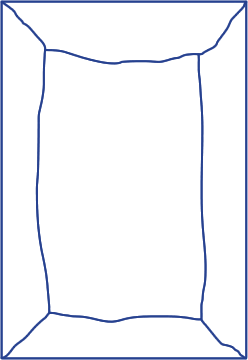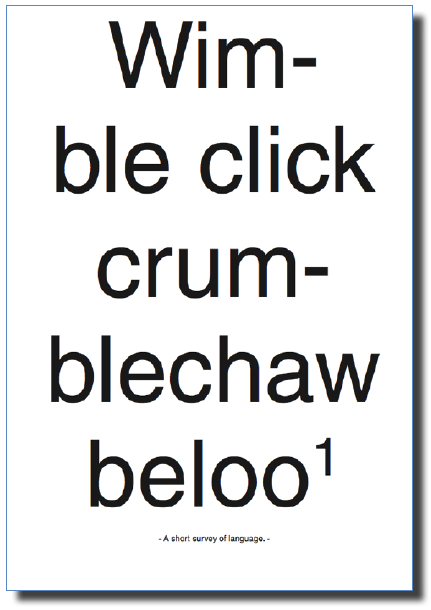What is perfect? Is it complete, non-existant, precisely accurate, pure, to improve, unattainable? What are these words such as ‘perfect’ about? When it comes to communication, can language in general explain what we are trying to say? What words are chosen to express this meaning? In the historical sense grammatical languages have been developed and evolved. Is there a constant factor to be found in these different languages?
Perfect is a word from the English language. It can be a verb, a noun or an adjective. These are devisions made in the dictionary, where you can trace back words. Some words in it equal other single words, others are described by several words. This is how ‘perfect’ is equaled by several words, but for example ‘couch’ can be equaled by one word, ‘sofa’ (a type of furniture). But by referring to a couch, also the frame of the type of furniture can be aimed. In the theoretical meaning of language, ‘grammar’ is a name for the study, description and explanation for everything that involves the system of a natural language or an artificial language.
Grammar is a term derived from
the Greek word:
(grammatik techn) which means “art of letters”,
(gramma) which means “letter”,
(graphein)which means, “to draw, to write”.
To study language a structure of words and sentences are used that are defined by a set of rules. These rules can function as a sort of pattern to relate to the meaning or the logic in language. This is how a description of the word perfect could have a totally different meaning for any person individually. When a baby is born into the world, it has not learned a specific language yet. It can communicate through sounds. By repeating sounds the baby could learn a grammatical language. Other people can teach it, by using this system of words, that they once learned in the same way. Grammar can also be a way to express the system of a specific language. This can be a formal-mathematical description, a way to describe the language itself or in another language, or a combination of these forms. To translate a formal-mathematical description a formal system can be used. In grammar these systems function as well as in math and logics. They consist of the following elements:
– a finite sequence of symbols that help to formulate formulas
In grammatical sense an alphabet helps to create words. Each alphabet has its own sequence of symbols. In the word p e r f e c t i o n each letter is a symbol and a part of the word or sequence.
– a grammar that prescribes how well formed formulas are formulated.
The words that are put together by the letters of an alphabet according to a defined set of rules. In the following example ‘pre’ has in every word (or formule) the same quality. The rule ‘pre’ is the pattern. It can be recognized like this:
prefix
previous
prepare
preview
prevent
– a sequence of axioma’s or an axioma schedule
This is a proposition that is not proved or demonstrated but self-evident.
In the formal system new expressions are being abstracted from older ones. The older expressions that assumed are called axiom’s, the new expressions are called propositions.
‘pre’ is a Latin (or Greek) prefix that is used in the Latin language as well as in English. The word ‘pre’ is equivalent to the word ‘before’, although in this sense it cannot replace ‘pre’ in the words above.
– a rule that abstracts a proposition from a number of propositions
These propositions are being called premises and the subtracted proposition is called the conclusion.
“Perfect is a word” is a true proposition
“Perfect is a sentence” is a false proposition
“Perfect is cute” is a contingent or random proposition
“Is this perfect?” Is a question, not a proposition
Conclusion: ‘Perfect’ is a word, it is not a sentence. ‘Perfect’ could be called ‘cute’, although it is a random proposition that cannot truly logically define it.
In logics proposition statements are either true or false. In this way it is right to say that ‘perfect’ is a word. This does not apply for, for instance questions, desires or exclamations. If the statements are true or false can be unknown, as long as the question: ‘Is it true?’ can be asked usefully. So is it useful to ask if the proposition ‘Perfect is cute’ is true? ‘Cute’ is a adjective that describes in this context, not an equal meaning, but a subjective meaning to ‘perfect’. Also in different languages this word may have various understandings, although the same type of word is used.
The English language is spoken as a primairy language in Australia, Belize, New-Seeland, Nigeria, The United Kingdom and The United States of America. As a secondary language it is spoken in a much wider range. Almost half of the grammatical English language is originally from Germanic and Roman languages. When Germans invaded Brittain 450 After Christ, they brought their language with them and so the Old English was formed. Then the history of English evolved when colonies were founded in North-America around 1600. The language developed within a different setting. Nowadays the American English changes under the influence of media such as television and the Internet. Emigration, invasions, mass media, and for example wars have caused the absorbtion of external words into existing languages. In this sense finding the origin of words could explain something about the history of the world.
The grammatical history of the word perfection lies in the Latin word ‘perficio’; in English the meaning is ‘to finish’, ‘to bring to an end’. The word perfect (io) in this sence means literally ‘a finishing’ and perfect(us) ‘finished’.
information:

